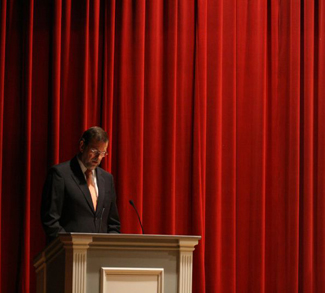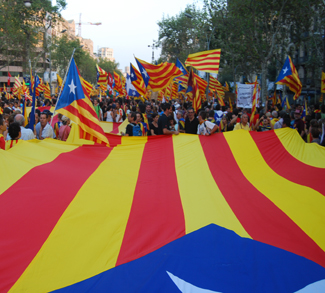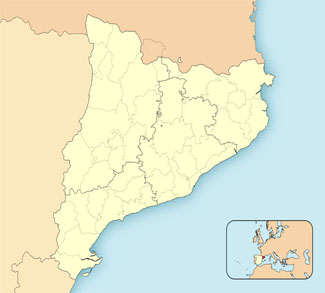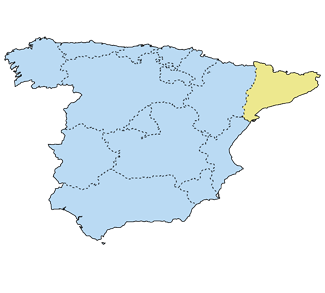Summary
One of Western Europe’s success stories since it democratized peacefully in the 1970s, Spain appears to be on the path to disintegration after local authorities in the autonomous region of Catalonia announced their intention to declare independence on 9 October.
Madrid is challenging the legality of last week’s independence vote on the basis of the 1978 constitution, which granted Catalans broad autonomy within Spain and was ratified by a national referendum of Spanish voters at the time. There is fear that a rupture with Catalonia could trigger renewed separatist pushes in other regions like Galicia and Basque.
But try as the Spanish government might to slow or reverse the slow creep toward independence, events thus far have shown that this is a process that’s very much being driven by the Puigdemont government in Catalonia.
Background
Catalonia has been caught in a stand-off between the Conservative minority government of Prime Minister Mariano Rajoy, who has refused to open talks with the separatists in Catalonia following the disputed vote, and independence supporters, led (sometimes reluctantly) by Catalan President Carles Puigdemont. Spain’s central government has called upon Catalonia to “return to the path of law” before any negotiations can begin. It used pre-emptive arrests and later riot police to disrupt the separatists’ referendum and has indicated that Spanish police reinforcements sent to Catalonia might remain even now after the vote has passed. According to media reports, an army logistics unit has sent bunkbeds, kitchens, and showers to a barracks near Barcelona to give police the option of using a nearby army base. This comes after popular hostility to police staying in Barcelona’s hotels after the police violence witnessed during the referendum itself.




